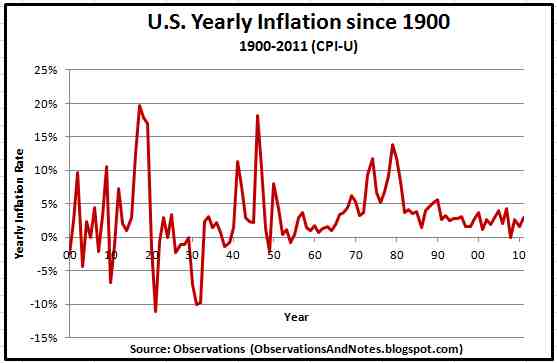I am not a big financier but as I understand things going on, the local banks have no need to pay higher interest to savers (investors in CD's, etc) and then in turn lend money at a higher rate to borrowers. Why? Because they are borrowing money at rock bottom prices from the Federal Reserve. Why would those banks pay me 4% on a CD when they can get the money from the Fed for practically nothing. AND, then I think they are sitting on it, not lending and waiting for rates to go up so they lend it for an even larger profit. In the mean time, the savers, like retirees, are getting screwed because the banks aren't paying higher rates on CD's. What if I'm the Federal Reserve and I tell the banks, "you can borrow a $1 Million at 1% but you have to lend that $1 Million back out or you will get no more from us". There is something missing in the lending equation. What's the problem?


